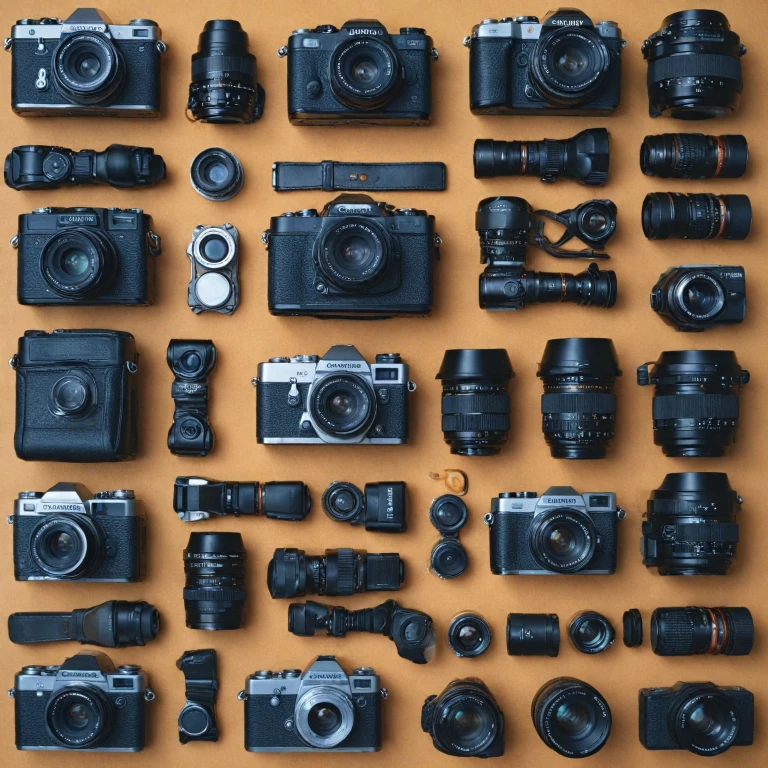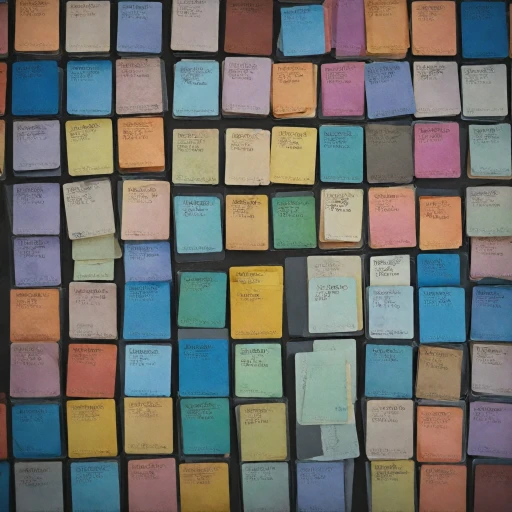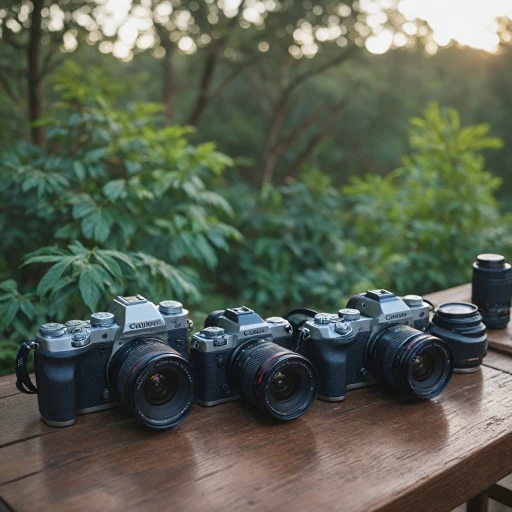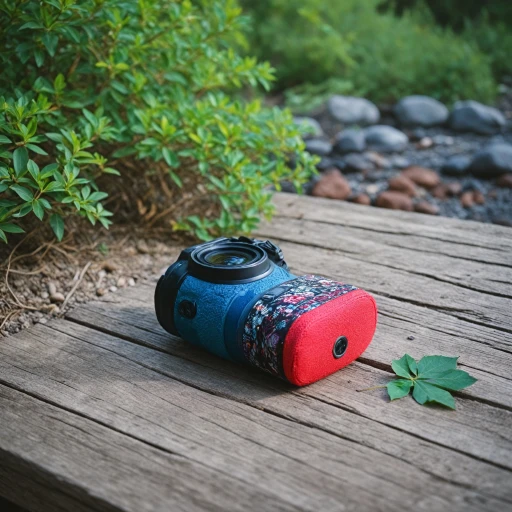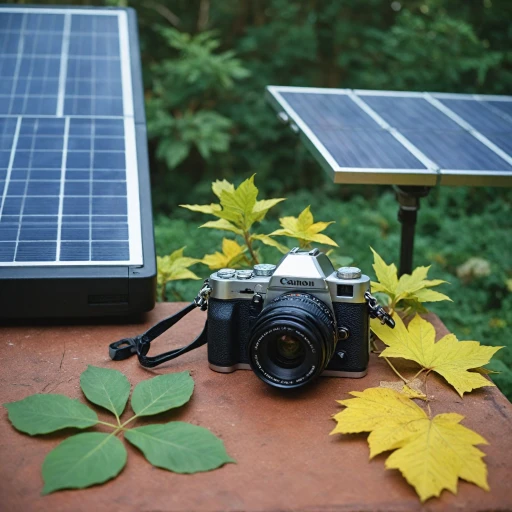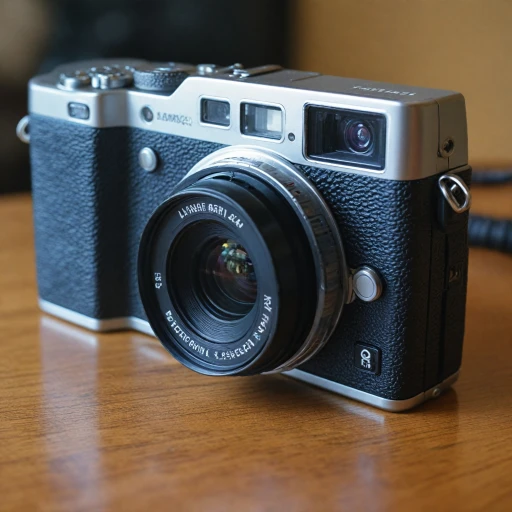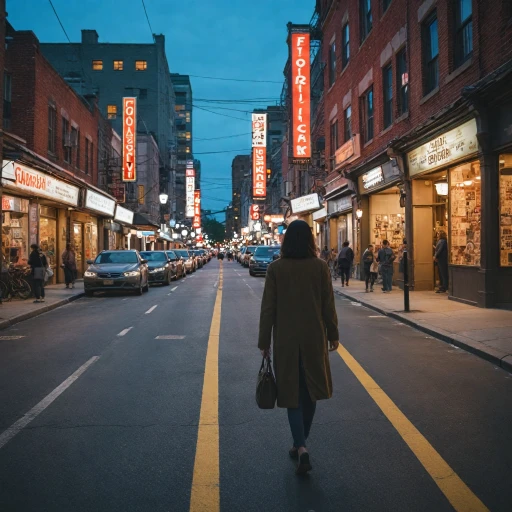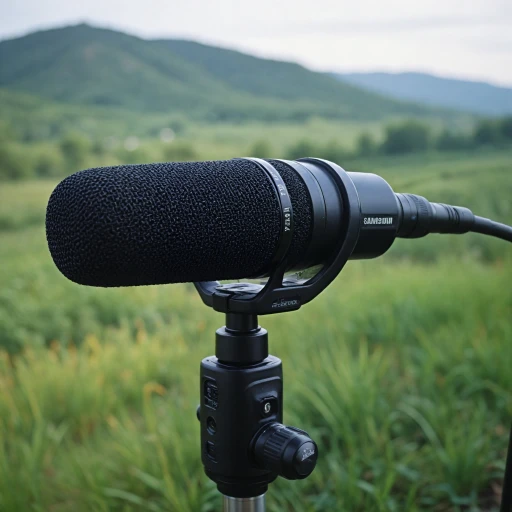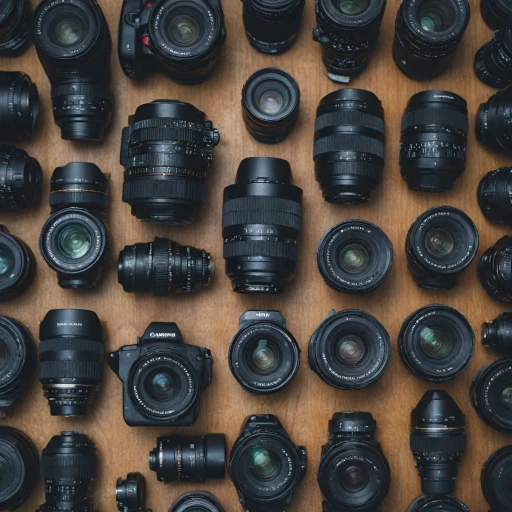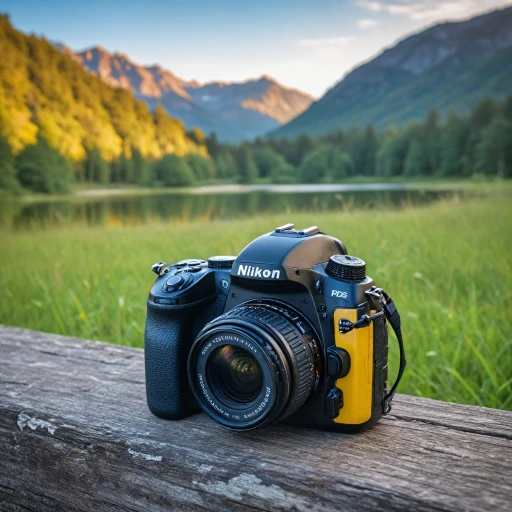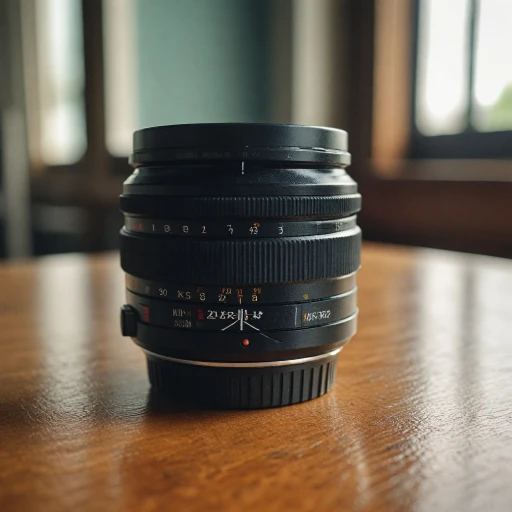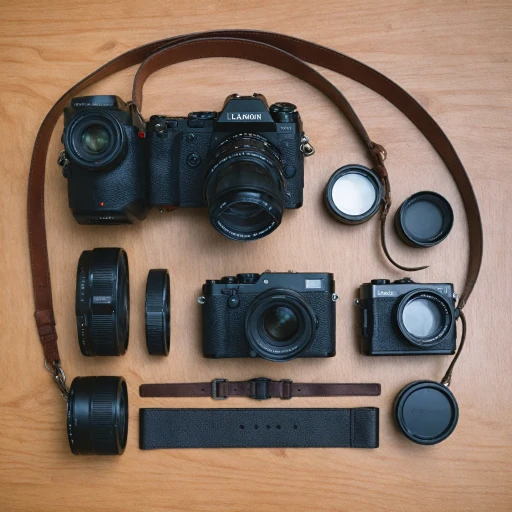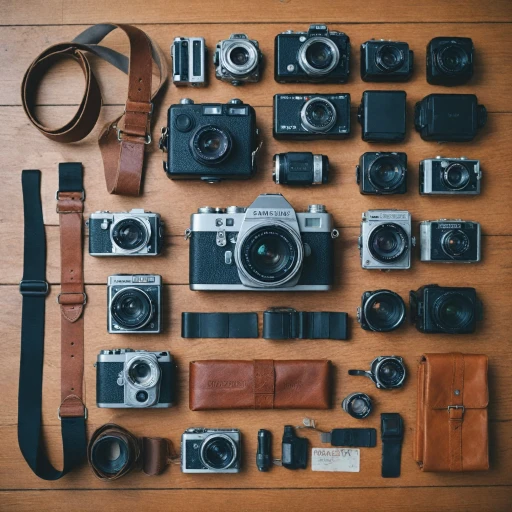
Understanding the Basics of Film Camera Accessories
Essential Tools for Your Analog Journey
Embarking on the journey of film photography is as exciting as it is rewarding. Understanding the essentials of film camera accessories helps enhance your photography experience, providing you with the tools needed to capture the perfect shot. The world of film photography boasts a rich and diverse catalog of accessories, each playing a vital role in improving your outcomes.
Items like a reliable camera strap ensure your camera remains secure while you focus on capturing memories. Maintaining a good grip and preventing accidental drops is crucial, especially if you're shooting with original film cameras that can be quite valuable, whether purchased at a regular price or on sale.
When it comes to choosing the right accessories, a sturdy camera bag or case is indispensable. It not only stores your camera but also houses other essentials such as additional lenses, a cable release, and a light meter. A well-padded bag will protect your gear from damage and keep everything organized.
For those interested in more specialized shots, filters are an indispensable tool. Filters such as clear protective filters or those designed to enhance contrast and color can shape your photographic narrative by altering how the camera captures light. For instance, black and white film photography can benefit significantly from specific filters that enhance tonal contrast.
Understanding the basics of film camera accessories sets the stage for deeper exploration into how these components work together to create unique photographic art. As you delve into more specific equipment like camera lenses and accessories, you'll find an array of choices that cater to varying photographic styles and objectives.
Choosing the Right Lens for Your Film Camera
Factors to Consider When Selecting Lenses for Film Cameras
When delving into film photography, choosing the right lens is crucial for capturing stunning images that reflect your creative vision. Here are some key aspects to consider when selecting a lens for your film camera:- Focal Length: The focal length determines the lens's field of view. Wide-angle lenses, like a 24mm, provide broader perspectives, while telephoto options, such as a 105mm, excel in capturing distant subjects with more detail.
- Aperture: Lenses with larger apertures (smaller f/numbers) allow more light to pass through, making them ideal for low-light film photography. This attribute also influences depth of field, enabling you to create compelling image focus.
- Compatibility and Mount: Ensure your lens is compatible with your camera's mount type. Some film cameras may require an adapter film to attach non-native lenses successfully.
- Lens Build Quality and Coatings: High-quality lenses constructed from durable materials can withstand regular usage. Additionally, multi-coated lenses aid in minimizing light reflections and enhancing image contrast.
- Budget Considerations: While price varies widely, finding a lens that suits your budget without sacrificing image quality is essential. Checking for used lenses on platforms like Amazon can offer a range of options.
The Role of Tripods in Film Photography
Tripods: Stabilize and Elevate Your Film Photography
Tripods play a crucial role in enhancing film photography by providing a stable platform for your camera. Whether you're shooting in low light conditions or experimenting with long exposures, using a tripod can drastically improve your results. It allows you to achieve sharp, clear images that might be difficult to capture handheld.
While a good tripod might come with a regular price, investing in one will bring significant advantages to your film photography kit. Ensure you choose one robust enough to support the weight of your film camera and lens setup. A camera strap is essential for carrying your gear, offering added security and comfort during photo sessions.
For night photography enthusiasts, a cable release is a valuable accessory. It helps in minimizing camera shake, especially when combined with a tripod. Meanwhile, a light meter can help you nail exposure settings, further enhancing your work.
- Flexibility: Look for tripods with adjustable legs and a 360-degree panning head, allowing you to find the perfect angle for your shot.
- Portability: Choose a model that fits comfortably within your camera bag, ensuring easy transportation between locations.
- Durability: Opt for a model made of quality materials that can withstand various weather conditions, protecting your equipment over time.
If you're curious about how many photos a memory card can hold when working with digital setups, explore this detailed guide for a comparison to your film endeavors. This knowledge is helpful when transitioning between digital and analog formats, especially for dual-system photographers.
Exploring Filters and Their Impact on Film Photography
Discovering the Versatility of Lens Filters
Lens filters are one of the essential film camera accessories that can significantly transform the outcome of your photography. Whether you're aiming to enhance contrast, reduce glare, or experiment with color effects, filters provide the flexibility you need.- Enhancing Contrast and Reducing Glare: Polarizing filters are among the most popular. They deepen blue skies and cut through reflections on water or glass, making your photography richer in color. With the right filter, like a good polarizer, the regular price on platforms such as Amazon becomes a worthwhile investment.
- Exploring Color Transformations: Colored filters can add an artistic flair to your images. Red filters often increase contrast in black and white film photography, whereas yellow filters can subtly enhance skin tones.
- Creating Stunning Black and White Photography: Using black and white filters, such as the orange or green filter, helps in adjusting the tones to perfection. These filters will fill your frames with astounding detail, elevating your film photography to the next level.
Film Camera Bags and Cases: Protecting Your Gear
Secure and Stylish: Choosing the Best Bag for Your Film Gear
Ensuring the protection of your film camera and its accessories is crucial for maintaining their longevity and functionality. A good camera bag is essential not only to keep your gear safe but also to conveniently organize your tools for easy access during shoots. Here, we'll explore why selecting the right camera bag or case should be a top priority for any film photography enthusiast.
When looking for a film camera bag, consider your specific needs and the type of gear you often carry. If you frequently transport multiple lenses, a sturdy bag with customizable partitions can help you compartmentalize and protect your items from scratches and shocks. Some bags come at a regular price while others might be at a sale price on platforms like Amazon.
- Regular protection: Look for waterproof or weather-resistant materials to safeguard from rain or moisture.
- Customized fit: Adjustable compartments allow for flexibility, accommodating everything from a half frame to larger format cameras.
- Portability: A comfortable camera strap is essential for reducing strain during long shoots, especially when carrying substantial weight.
- Capacity: Ensure the bag has room for essential accessories like your light meter, filters, or a cleaning kit.
While aesthetics may not be as critical as functionality, a stylish design doesn't hurt. A sleek black or white bag can complement your personal style, turning your gear into a fashionable accessory.
Furthermore, incorporating small items like a film case within your bag setup can prevent film rolls from getting lost or damaged. Remember, the right bag or case does more than simply store your camera. It provides a secure environment that wills help extend the life of your equipment, ensuring that you're always ready to capture those perfect moments in your photography.
Maintenance and Care for Film Camera Accessories
Taking Care of Your Film Camera Gear
Maintaining your film camera accessories is crucial for ensuring they continue to perform optimally. Regular cleaning and proper storage play a significant role in prolonging the life of your gear. Here’s a breakdown of essential maintenance tips that can make a difference.
- Cleaning: Invest in a good cleaning kit designed specifically for cameras. Gently clean your camera lens and filters to remove dust and smudges, which can affect the quality of your images. For more challenging spots, a light meter or specialized cleaning solution may be necessary.
- Camera Bags and Cases: Consider a sturdy camera bag or film case with protective padding. This helps guard your gear against accidental knocks and harsh weather. Opt for a bag that suits your kit size, ensuring there's ample space without too much unnecessary room.
- Storage: When not in use, storing your equipment properly is paramount. Keep your film cameras in a dry place, avoiding excessive heat or humidity conditions that could damage the camera or accessories.
- Protective Gear: Using a camera strap and a case during shoots helps prevent accidental drops and scratches. These accessories not only provide safety but also offer convenience in mobility.
- Regular Checks: Periodically check the functionality of vital tools like the cable release and adapter film connections. Address any wear and tear immediately to avoid bigger issues later.
Consistent upkeep of your film camera accessories helps in maintaining their value and functionality over time. Whether your equipment was snagged at a sale price or was a hefty investment, taking care of your photography investments makes every shot worth it. Remember, quality equipment needs quality care.

